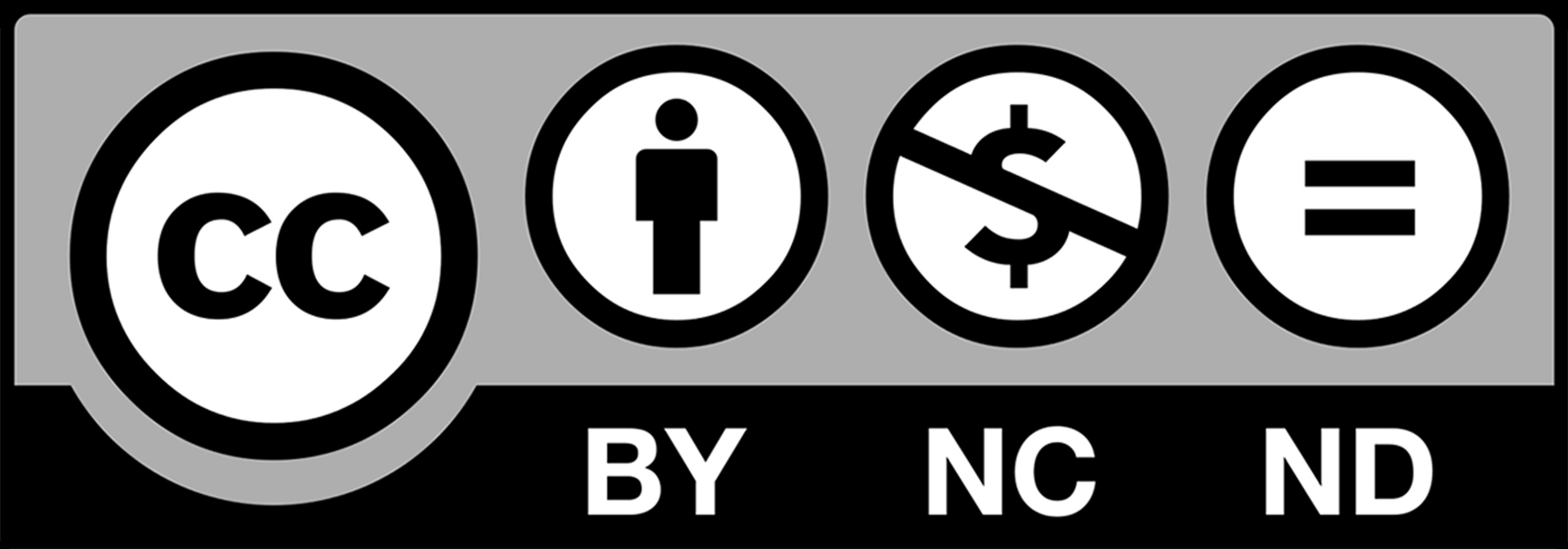The Center
Code of Ethics
The UÉ has an Ethics Committee with a regulation known by all the academic community in matters of scientific research, teaching, interaction with community and stakeholders, and regular functioning).
Regarding CIDEHUS, the research team and the management boards of CIDEHUS adhere to stringent guidelines for scientific integrity and ethics in order to comply with strict global norms or internal regulation, e.g. ALLEA (2023), The European Code of Conduct for Research Integrity, or Defining Responsible and Equitable Authorship by a Principle-based Approach, LERU.
In addition to general ethics regulation, whenever specific ethical questions arise concerning the unit’s regular activities, members and the management board, CIDEHUS abides by and implements the following standards of ethical conduct in science, which are updated as needed:
- Research must be conducted with honesty and integrity. Projects must be pursued impartially and fairly, without prejudice. Project ideas and published results must be original, and outcomes must be presented responsibly to the academic community or other audiences. Results should be reproducible or confirmable by other members of the academic community. Therefore, CIDEHUS does not tolerate scientific fraud, ensuring that all outcomes comply with current legal frameworks in Portugal, the EU, or other countries.
- The choice of research questions, grounded in researchers’ intellectual freedom, should be based on a thorough understanding of the state of the art, robust scientific analysis, and assessing potential benefits to participants, the scientific community, and society. This decision should consider the risks the research poses to individuals and groups involved, focusing on preserving and respecting their safety, privacy, and dignity.
- Research must comply with and be aware of local cultural practices, standards, and regulations. Researchers should respect the host culture and be mindful of the concerns and welfare of individuals or communities being studied, clearly communicating research goals to participants.
- Legal constraints on research using oral, written, or other sources outside the public domain must be respected. Interviewees must be informed of the research’s purposes beforehand, and CIDEHUS will not publish anything online without their prior consent, whether raw or edited data.
- Researchers will ensure the anonymity of survey and project participants, particularly in audio or video recordings, unless individuals provide written authorization to the contrary, relinquishing any legal rights to their image, voice, or oral/written testimonies. People know that their licences can be revoked at any time and are provided with instructions on how to do so.
- Research should avoid undue intrusion into the lives of individuals without their consent, respecting the privacy rights of those involved in the inquiry.
- Researchers must comply with copyright legislation and obtain prior written consent from any public or private institution holding the rights to data used in research projects.
- Research outcomes must explicitly acknowledge the official institutions or entities that produced information or agreed to data usage.
- Authorship of research outcomes that arise from co-creation processes is shared among all the participants, and we also follow Johansson, M.; Lerouge, I.; Morawska, M. (2023) for other issues that arise.
- In blind peer review systems, CIDEHUS ensures clear criteria of fairness, merit, impartiality, courtesy, and respect for cultural diversity and freedom of thought. The evaluation focuses solely on theoretical and methodological issues, analysis quality, relevance and adequacy of selected data sources, logical development of arguments, linguistic structure, and scientific innovation.
- CIDEHUS ensures that specialists evaluate texts submitted for peer review without conflicts of interest with the authors.
- Peer review evaluation reports should be stored securely and confidentially, with access limited to the collection or journal editor, except under open peer review policies.
- All funded research projects will have a data management plan to ensure data and metadata quality, availability to the community, conditions for data use and reuse (including Creative Commons licences), and long-term preservation considerations.
- Regarding the personal data of CIDEHUS members, each member is responsible for their own personal information publicly displayed through the University information system. Each member has exclusive access to their information and their right to be forgotten is rigorously respected.
- AI should be employed responsibly, refraining from the creation of counterfeit original products or unauthorised appropriation of third-party rights. For these detections, specialised monitoring software from the UÉ should be used.
- CIDEHUS strictly follows the 2016 EU’s General Data Protection Regulation (GDPR).
- In its studies beyond Europe, whenever necessary, CIDEHUS also respects the CARE principles.
Whenever new questions arise, particularly when working with non-EU countries, vulnerable populations such as minorities, disabled people, or children, sensitive data, AI, plagiarism, or other realities, CIDEHUS consults directly with the data protection officer and the Ethical Commission of the UÉ.



